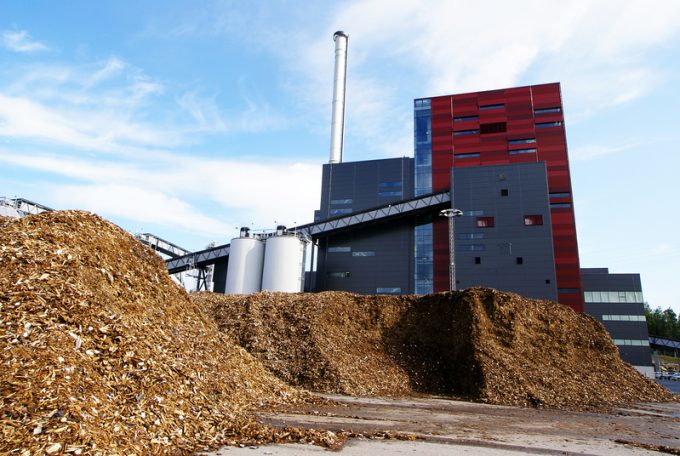Container spot rates have peaked as all major trades see prices fall
There was more evidence in this week’s container port freight markets that peak prices on ...
TFII: SOLID AS USUALMAERSK: WEAKENINGF: FALLING OFF A CLIFFAAPL: 'BOTTLENECK IN MAINLAND CHINA'AAPL: CHINA TRENDSDHL: GROWTH CAPEXR: ANOTHER SOLID DELIVERYMFT: HERE COMES THE FALLDSV: LOOK AT SCHENKER PERFORMANCEUPS: A WAVE OF DOWNGRADES DSV: BARGAIN BINKNX: EARNINGS OUTODFL: RISING AND FALLING AND THEN RISING
TFII: SOLID AS USUALMAERSK: WEAKENINGF: FALLING OFF A CLIFFAAPL: 'BOTTLENECK IN MAINLAND CHINA'AAPL: CHINA TRENDSDHL: GROWTH CAPEXR: ANOTHER SOLID DELIVERYMFT: HERE COMES THE FALLDSV: LOOK AT SCHENKER PERFORMANCEUPS: A WAVE OF DOWNGRADES DSV: BARGAIN BINKNX: EARNINGS OUTODFL: RISING AND FALLING AND THEN RISING

Following the recent completion of trial shipments on containerships powered by biofuels, a new report from the Copenhagen-based Sustainable Shipping Initiative (SSI) suggests this fuel type may be of short-term help in shipping’s quest to reduce its carbon emissions.
The current International Maritime Organization (IMO) goal is for shipping’s greenhouse gas emissions (GHGs) to be cut by 50% by 2050 at a minimum – although environmental lobbyists and even many shipping figures believe this goal to be woefully unambitious.
Even so, if this figure is to be achieved, the industry needs “zero-carbon fuels to be commercially available and produced from either renewable electricity, biomass or natural gas with carbon, capture and storage”, SSI said.
However, it added that it currently remained unclear to the industry “which of the potential zero-carbon alternatives to fossil fuels has the winning combination of availability, sustainability and competitiveness”.
Research by SSI shows that, in the short-term, biofuels derived from biomass – commonly derived from organic feedstock including purpose-grown energy crops, residues from agriculture and forestry and municipal waste – could provide a short-term route for shipping to begin its decarbonisation process.
“The data suggest that the sustainable biofuels currently available are underutilised and could potentially meet shipping’s energy needs of today. However, this supply may be limited in the medium and longer term – particularly given the ratcheting-up of climate ambition, and thus potential demand pressure across all sectors,” SSI said today.
Respondents to the SSI report believed that between 10-30% of the industry’s energy needs would be met by biofuels between 2030 and 2050, thus giving shipping “a potential window of opportunity to use sustainable biofuels whilst sustainable bio-feedstocks are underutilised”.
Simon Bennett, general manager of sustainable development at The China Navigation Company said: “The shipping sector must act now, without waiting to be bound by legislation, as by then it will be too late to meet necessary targets; but we cannot act alone.
“We need to coalesce and align on sustainable solutions for radical decarbonisation, taking action to mitigate the climate crisis we find ourselves in, in the short-, medium- and longer-term – and the energy transition in between.
“Finding solutions needs businesses both within and upstream of the sector, together with policy makers, to work together in transition planning, recognising the potential opportunities as well as the risks posed by the various potential substitute fuels and technologies.
“While biofuels represent one of the solutions today, we need to continue innovating, investing in and scaling up other potential options to carry us through and beyond 2050,” he said.
In just the past fortnight, both CMA CGM and MSC have completed trial shipments with vessels using biofuels.
Comment on this article